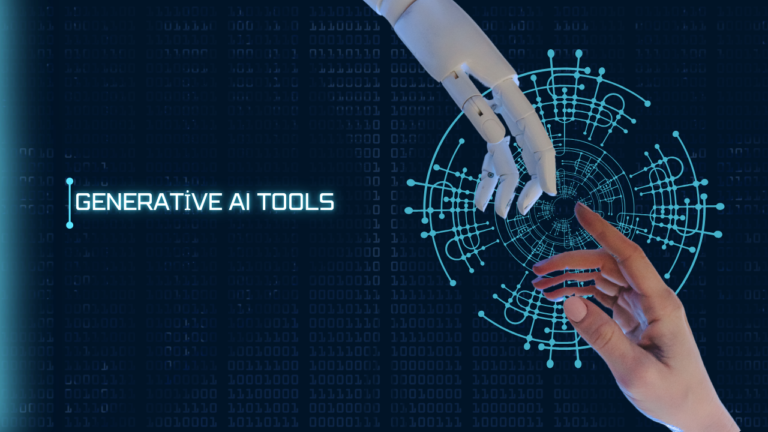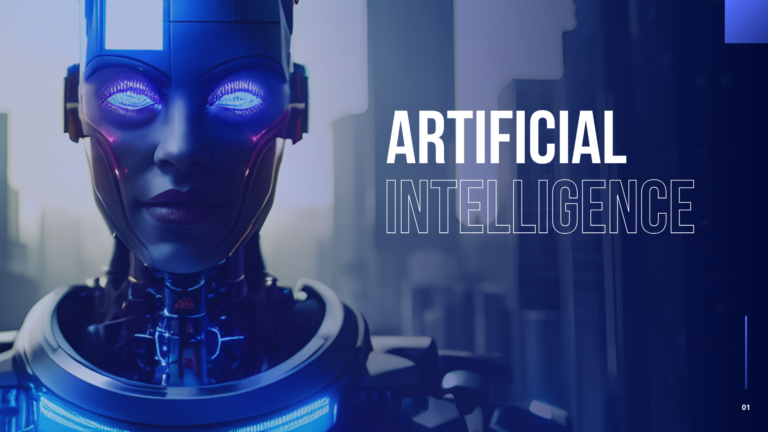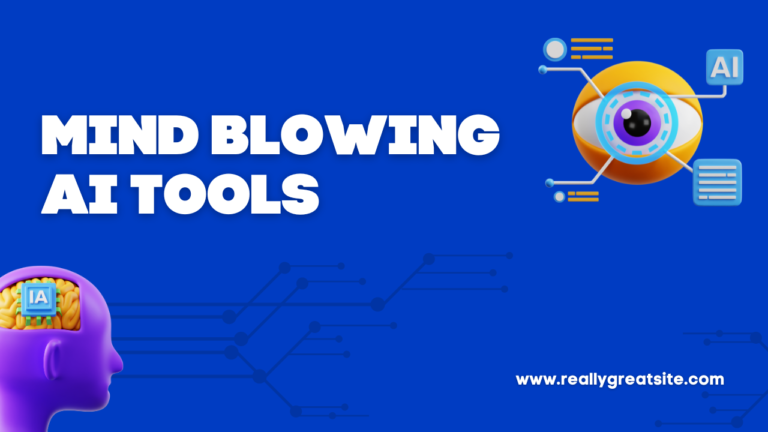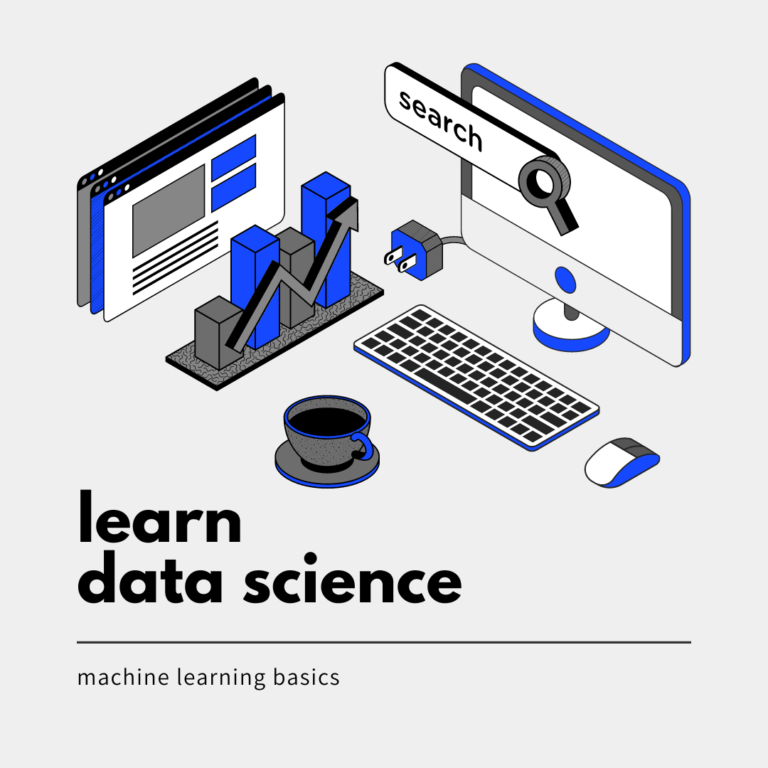Guardians of the Grid: How AI is Revolutionising Cybersecurity
What is the role of AI in cybersecurity?
Every industry has seen an increase in the application of Artificial Intelligence and cybersecurity is no different. Artificial Intelligence (AI) and cybersecurity has become indispensable in modern times to counter the increasing speed, complexity, and frequency of cyber threats. It plays a crucial role in recognizing, reducing, and responding to these threats. This is particularly true now that dark AI is becoming more prevalent in our digital world.
Cyber threat actors can leverage AI to carry out quicker, more complex attacks thanks to dark AI. These AI-enhanced threats use authentic tools and credentials to blend in with regular enterprise operations. They operate at machine speed and frequently go undetected. Traditional security measures are less successful in preventing and detecting cyberattacks because of their increased speed and stealth.
AI is becoming more and more important in cybersecurity with every year that goes by. Predictive AI was first introduced, which forecasts threats by analysing historical data. User and entity behaviour analytics (UEBA), which focuses on user behaviour patterns, became a part of this role over time. With the use of generative artificial intelligence (GenAI) to produce simulated attack scenarios for proactive defence, it has now grown even further.
The evolving landscape of cyberthreats
The intricacy of cyber threats rises in tandem with the advancement of AI. Imagine a situation where a proficient cybercriminal utilises an artificial intelligence tool to create a highly customised spear-phishing message. This message can fool even the most watchful employees because it blends in perfectly with the company’s internal communication style. Conventional security systems frequently fall short in the face of such complex attacks, leaving companies open to serious disruption.
Similar to this, cybercriminals can mimic high-ranking executives by using AI to produce deepfake voices. A well-done deepfake could take advantage of employee trust to get around security measures by tricking them into approving sizable unauthorised fund transfers.
Another possible scenario is for attackers to manipulate system data with AI in order to create a stock portfolio that appears appealing but is completely fake. Then, before the fraud is discovered, the attackers can make money off of this false information.
An fictitious email exchange between top executives seems to discuss a corporate scandal, suggesting yet another potential misuse. Such dishonest communication has the potential to ruin the company’s reputation and send its stock price plummeting if it were to leak.
The disparity in cyber skills worldwide
The necessity of having qualified cybersecurity specialists is highlighted by the growing sophistication of cyberthreats. But there is a far greater demand than supply for these specialists worldwide. There is a 3.4 million cybersecurity professional shortage worldwide, according to the 2022 Cybersecurity Workforce Study by (ISC)².
This skills gap is particularly problematic for Africa. The majority of IT decision-makers on the continent believe there is a severe lack of cybersecurity expertise, according to the Global Knowledge 2022 IT Skills and Salary Report. This shortfall increases the risk to African businesses and makes it more difficult for them to effectively respond to cyberattacks.
Taking on the cybersecurity issue
Businesses, lawmakers, and AI developers must work together to address the cybersecurity issue. Strong legislative frameworks that support cybersecurity best practices, talent development, and international collaboration in the fight against cybercrime are important tools that policymakers can use to their advantage.
Companies need to make investments in bolstering their cybersecurity defenses and preparing employees to handle possible threats. This entails encouraging a culture of security first, organizing incident response, and conducting routine security audits. AI integration into cybersecurity plans can be extremely helpful in spotting threats and accelerating reaction times.
It is the special duty of AI developers to create systems that are reliable and resistant to abuse. Data protection strategies include federated learning and differential privacy. However, in order to keep ahead of emerging threats, initiatives like OpenAI’s work on cybersecurity and AI research are essential.
Taking the future on
We need to make sure that, as AI develops and becomes more integrated into our daily lives, so do our cybersecurity tactics. Both the opportunities and the threats are substantial.
When used responsibly and securely, artificial intelligence (AI) has the potential to be a formidable ally in the fight against cyberattacks. To overcome the obstacles and take advantage of the opportunities presented by this new digital frontier, cooperation between all stakeholders is crucial.
Modern cybersecurity tooling’s incorporation of AI represents a fundamental change in our strategy for digital defence. Artificial Intelligence (AI) greatly improves threat detection, is able to scale with an organisation’s expanding digital footprint, and can adapt to new threats. Artificial intelligence (AI) plays a crucial role in anticipating, identifying, and promptly mitigating cyber threats as they grow in sophistication.
Leading the way in AI-native cybersecurity is CrowdStrike. To keep ahead of adversaries, the Falcon platform makes use of indicators of attack (IOAs) and behavioural analytics driven by AI. Tools such as Charlotte AI, which provide protection and insights at the expert level, are revolutionising the way businesses approach cybersecurity strategy.
It is not only advantageous, but also essential to incorporate AI into your cybersecurity strategy and toolkit as you navigate the complex threat landscape of today. Get in touch with us or register for a free trial of the CrowdStrike Falcon platform to learn more.









